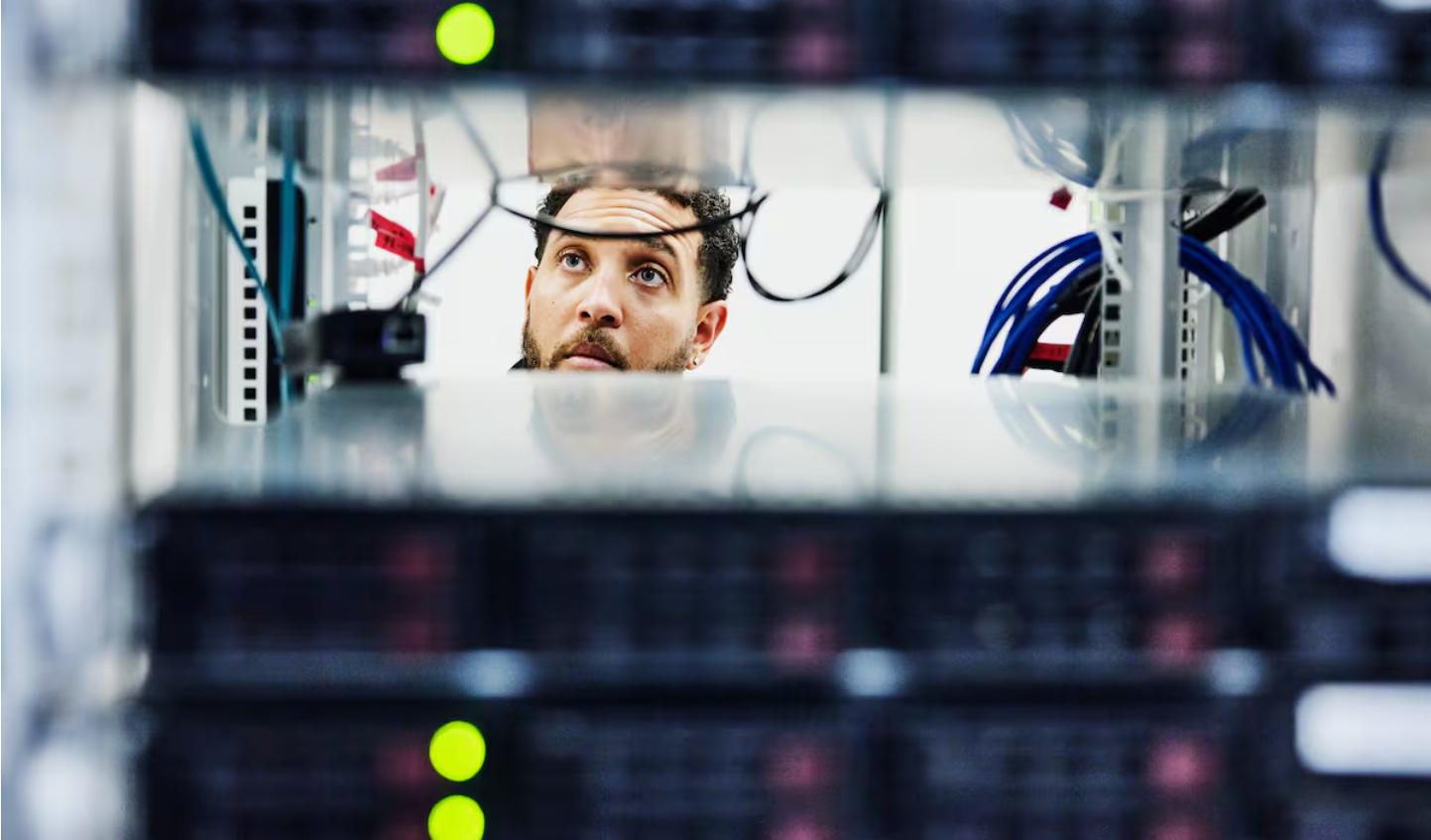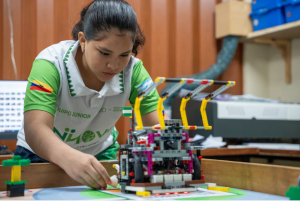
The data centers that the technology company has in Madrid are the first in the country to offer generative artificial intelligence services, which increases the consumption of these infrastructures.
Data centers are facilities that house rows and rows of processors organized in racks , a kind of horizontal stack of devices. These systems work 24 hours a day, so their electrical consumption is high. In addition, servers emit a lot of heat.
Cooling systems are key to avoiding overloads. According to estimates by real estate consultancy JLL, 40% of the energy expenditure of the average data center is dedicated to cooling the environment or the processors.
While more modern data centers use other cooling methods, such as electric fans or closed-loop cooling, hyperscalers still rely on water, which is much cheaper than other options. This has caused tensions in some regions of the planet where water is scarce. To the point that cities such as Amsterdam have temporarily banned the construction of more infrastructure .
Google, for its part, has had to stop a data center project in Santiago de Chile by order of a judge to reduce its water consumption. “A new process will begin that will start from scratch for a project that will use air cooling technology in this same place,” a company spokesman told Reuters last month.
Although there are alternative cooling methods, they are difficult to implement in data centers dedicated to AI. “There are physical limitations to air cooling, as it does not have the thermal transfer capacity necessary to cool high-density racks ,” says Luis Casero, from the data center infrastructure provider Vertiv in an industry publication .
A Goldman Sachs report predicts that data centres will cause an increase in energy demand in the US “unseen in a generation”: they could account for 8% of total energy consumption by 2030, according to the investment bank’s research department
. In Ireland, the European country with the largest number of Big Tech headquarters thanks to its lax tax system, data centres consumed 21% of electricity last year, and the consultancy JLL estimates that this figure will reach 30% by 2028.
The energy needs of data centers, coupled with the growing use of AI, has led some tech companies, such as Microsoft and Amazon, to even consider developing small nuclear power plants to power their facilities .
Alphabet CEO Sundar Pichai confirmed to Nikei last week that they are also “evaluating technologies such as small modular reactors (SMRs).” For the moment, Microsoft has just closed a power purchase agreement that will involve the reopening of the Three Mile Island nuclear plant in Pennsylvania, famous for having hosted the largest nuclear accident in US history .





